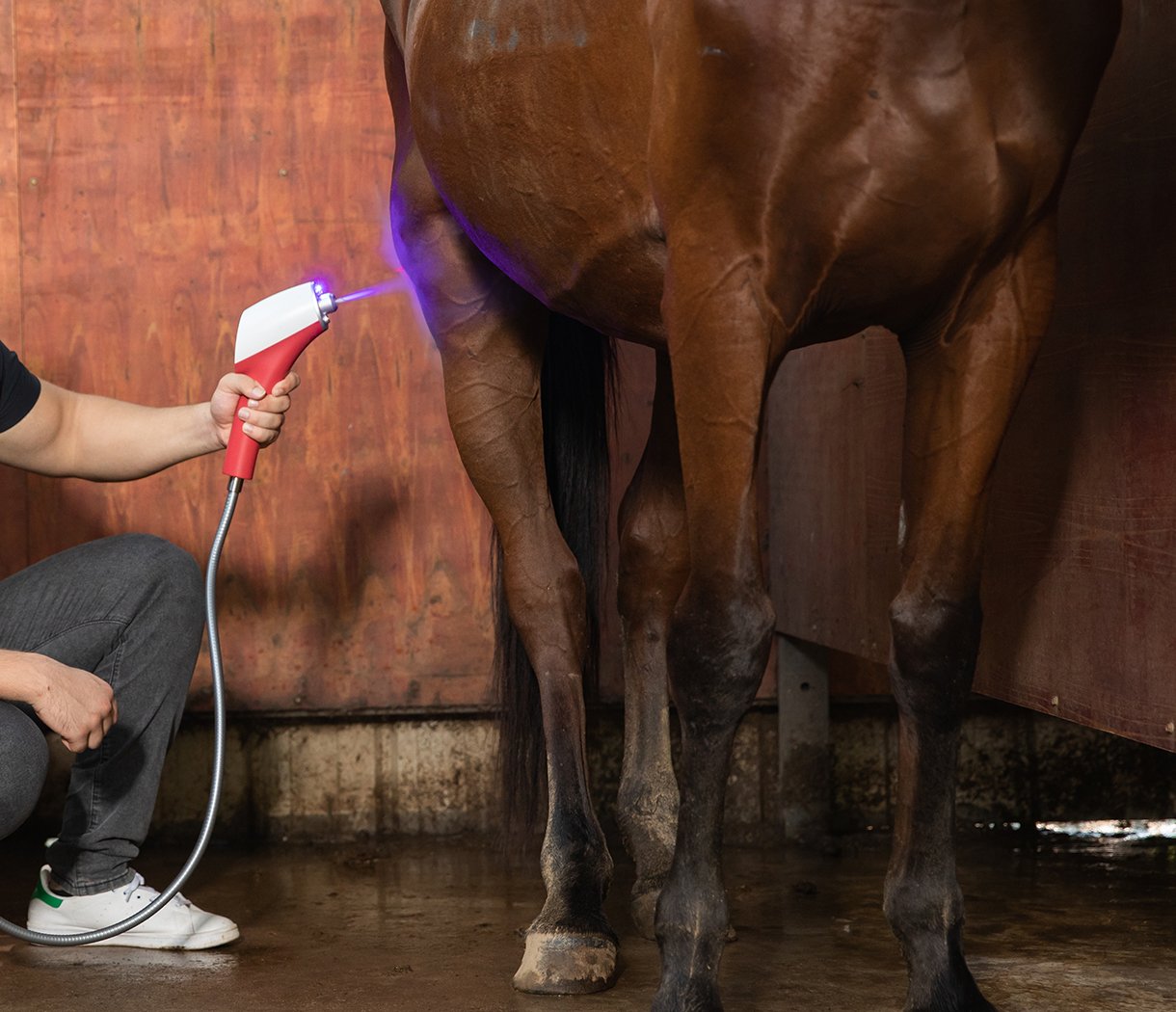CO2 cryotherapy has become a popular treatment option for horses, promising benefits in pain relief, recovery, and enhanced performance. But with its growing use, many horse owners and trainers are left wondering: Is CO2 cryotherapy safe for horses? To answer this, we’ve consulted a range of experts, from veterinarians to equine trainers, and explored the risks and benefits of this treatment method.
Expert Insights: Is CO2 Cryotherapy Safe for Horses?
Veterinary Experts’ Opinions
Veterinarians have generally welcomed CO2 cryotherapy for horses, particularly due to its ability to reduce inflammation, accelerate healing, and manage pain. According to Dr. Sarah Green, a veterinary specialist in equine rehabilitation, “Cryotherapy works by constricting blood vessels, which reduces swelling and provides immediate pain relief. The cold temperature then triggers vasodilation, increasing blood flow and promoting tissue healing.” However, she emphasizes that CO2 cryotherapy should always be performed under professional supervision to prevent potential risks like frostbite from improper use.
Equine Trainers’ Experiences
Equine trainers have also reported positive outcomes when incorporating cryotherapy into their horses’ recovery plans. Mark Williams, an experienced equine trainer, says, “I use CO2 cryotherapy on my competition horses who suffer from muscle fatigue or strain after rigorous training. It helps them recover faster, reducing soreness and improving mobility.” For trainers dealing with high-performance horses, CO2 cryotherapy is a valuable tool in maintaining peak performance and reducing the risk of injury.
Equine Therapists’ Perspective
Equine therapists, who specialize in non-invasive treatments, have found cryotherapy particularly useful for managing both acute injuries and chronic conditions. “The CO2 cryotherapy machine is a fantastic addition to my clinic. It aids in the recovery of tendon strains and arthritis, conditions often seen in older or high-intensity competition horses,” says Claire Johnson, a certified equine therapist. The ability to target both superficial and deep tissue layers makes it a versatile treatment for a variety of equine ailments.
Main Safety Concerns and Usage Limitations
Suitability for Different Horses
While CO2 cryotherapy can benefit many horses, it’s not for every equine patient. Young foals or horses with poor circulation may not respond well to cold treatments. Additionally, horses with compromised skin health or certain cardiovascular issues should be evaluated by a veterinarian before undergoing cryotherapy.
Risks and Safety Concerns
Despite its effectiveness, CO2 cryotherapy comes with potential risks if used improperly. The most common concern is frostbite or cold-induced skin damage. Cryotherapy treatments should be carefully monitored to ensure that the temperature is regulated and the application duration is appropriate. “It’s essential to never apply cryotherapy for too long,” Dr. Green advises, “as it can damage tissue if misused.” Improper handling of the device can also lead to ineffective treatment and potential harm to the horse’s skin.
Best Practices for Safe Application
To ensure safety, experts recommend that CO2 cryotherapy should be applied by trained professionals. Additionally, veterinarians and therapists advise using pre-set protocols available in modern cryotherapy machines. These help ensure that the therapy is delivered at the correct temperature and for the appropriate duration. For the best results, owners should always track their horse’s progress and consult their veterinarian regularly.
Where It’s Most Beneficial
Acute Injury Recovery
One of the primary uses of CO2 cryotherapy is in the treatment of acute injuries. When a horse suffers from an acute strain or sprain, cryotherapy can significantly reduce swelling and pain within the first 24-48 hours after injury. This makes it an invaluable tool for immediate post-injury care.
Chronic Conditions
CO2 cryotherapy is also beneficial for horses suffering from chronic conditions such as arthritis. By reducing inflammation and promoting healing, it can help ease discomfort in older horses or those with long-term joint issues. “Cryotherapy provides a non-invasive option for chronic pain management,” says Claire Johnson, equine therapist.
Post-Training and Post-Competition Recovery
Competitive horses undergo intense physical stress, and cryotherapy provides them with much-needed recovery. Cryotherapy helps reduce muscle soreness, inflammation, and stiffness, allowing horses to bounce back quickly after strenuous activity.
Pre- and Post-Surgical Use
CO2 cryotherapy is also used to speed up recovery after surgery. Whether it’s for soft tissue repair or post-operative care, cryotherapy aids in reducing swelling, improving circulation, and preventing complications during the healing process.
Final Recommendations
CO2 cryotherapy, when used correctly, is a safe and effective treatment for many equine conditions. It can accelerate recovery, alleviate pain, and enhance performance. However, as with any medical treatment, it’s crucial to work with a qualified professional to ensure that the treatment is applied properly. If you are considering CO2 cryotherapy for your horse, consult with your veterinarian to determine if it’s the right option for your equine companion.



